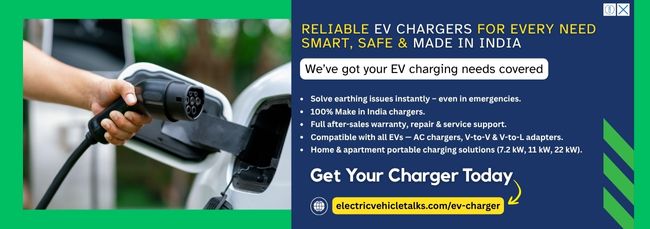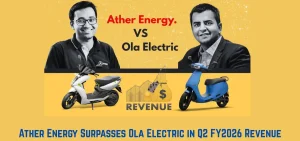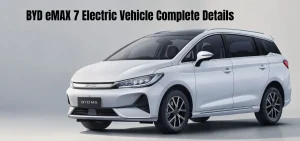Delhi is charging ahead on its green mobility mission! With plans for thousands of new e-buses on the horizon, DTC’s expansion of EV charging infrastructure has become the city’s next big leap toward sustainability. This bold move aims to power heavy commercial vehicles with clean energy, transforming Delhi’s transport landscape and setting a benchmark for urban electrification. Curious how this expansion will reshape the capital’s roads and environment? Let’s dive into the full story.
Powering Delhi’s Green Mobility Vision
As part of the Delhi government’s plan to introduce 8,000 new e-buses by 2026 and transition the public transport fleet to electric within the next 18 months, DTC is developing dedicated charging facilities at nine city depots. These depots include Rohini Sector 37, Keshopur, Nangloi, Kalkaji, Sukhdev Vihar, Nand Nagri, Ghazipur, and Hasanpur.
The total project cost is estimated at over ₹31 crore, and each site will be equipped with 1600 KVA compact substations and 240 KW chargers. These high-capacity installations will ensure that hundreds of electric buses and heavy commercial vehicles can be charged efficiently, minimizing downtime and improving operational reliability.
Strategic Infrastructure Expansion
Tenders for the project have already been floated, inviting qualified government-approved contractors to execute both the civil and electrical works. According to DTC officials, construction is expected to begin soon after the bidding process concludes.
This new phase builds upon recent developments in Delhi’s EV infrastructure. In September 2025, Chief Minister Rekha Gupta inaugurated six new switching substations at DTC depots, including Peeragarhi, Nangloi, Ambedkar Nagar, Srinivaspuri, Okhla Central Workshop, and Narela. Developed by BSES Rajdhani Power Limited (BRPL) and Tata Power Delhi Distribution Limited (TPDDL), these facilities can collectively charge around 1,200 electric buses.

A Step Toward a Cleaner Future
Officials emphasize that this expansion is not just about meeting immediate transportation needs but about building a robust, sustainable charging network for the future. With Delhi’s e-bus fleet expected to rise from 3,400 to over 6,000 in the coming months, the demand for charging infrastructure has become critical.
By expanding its charging capacity for heavy commercial vehicles, DTC aims to reduce the strain on the city’s power grid, enhance operational efficiency, and support Delhi’s EV Policy goals. Ultimately, this initiative represents a crucial step toward a greener, cleaner capital — one that leads India’s transition to sustainable public transport.
Related Articles:-





